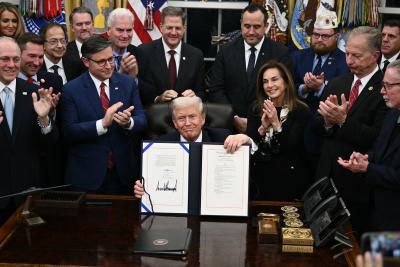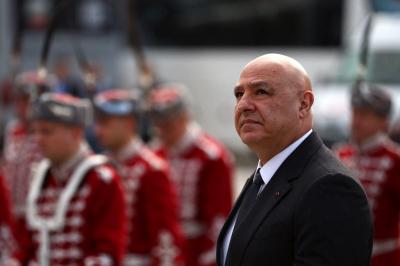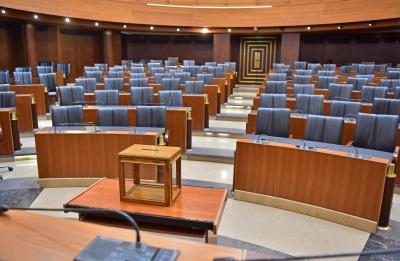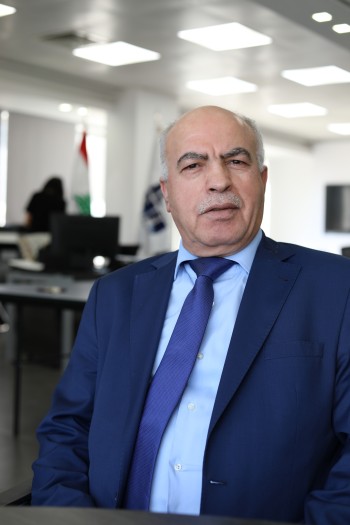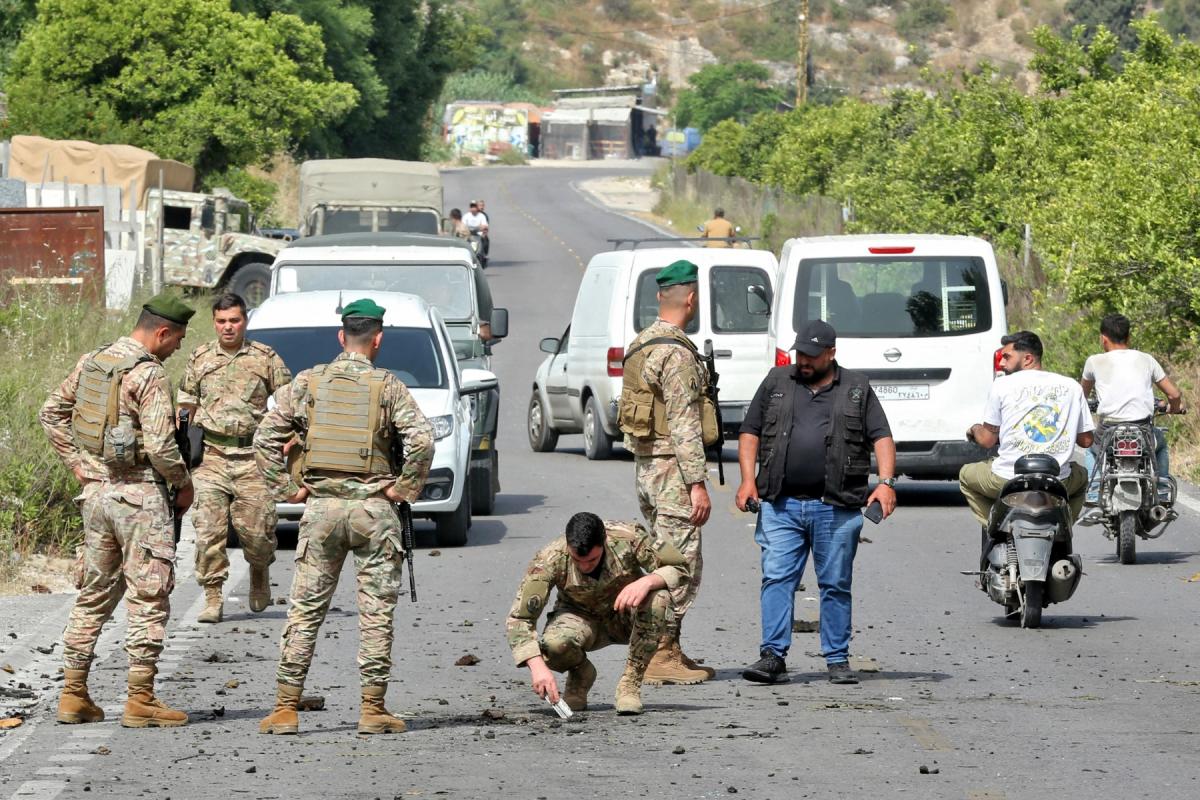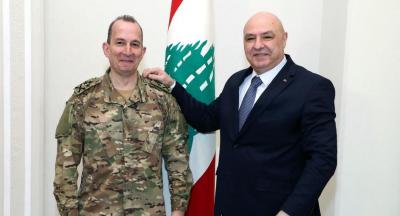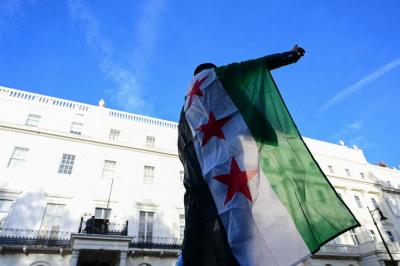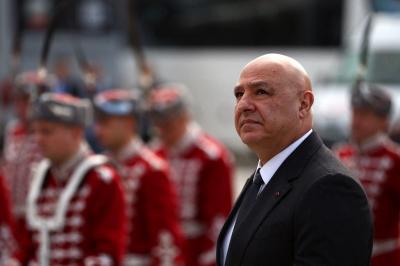The Lebanese Cabinet’s August 7 decision to enforce the “exclusive possession of weapons by the state” and approve the “objectives” outlined in the U.S. proposal has set the country on a path toward multiple possible scenarios. The move, welcomed by the United States, its Arab allies, and certain Lebanese political factions, was met with rejection from the “Shiite Duo” and its domestic and regional allies—putting Lebanon’s civil peace at potential risk until the end of the year.
While the decision aligns with President Joseph Aoun’s inaugural speech and the government’s ministerial statement, it was based not on Lebanon’s official response to the U.S. paper—which prioritizes pressuring Israel to commit to a ceasefire and ties the disarmament process to a nationally agreed-upon “national security strategy”—but on the original proposals submitted by U.S. presidential envoy Thomas Barrack. This divergence was at the heart of the “Shiite Duo”’s opposition, prompting their ministers to walk out of the two high-profile Cabinet sessions. For now, their boycott targets Cabinet meetings, not the government itself.
The decision came under intense U.S., Western, and Arab pressure, amid Israel’s daily military escalation—air raids and drone strikes on areas north of the Litani River and deep into the Beqaa Valley. Those applying pressure consider the outcome a “breakthrough” that can be built upon for further steps, their ultimate goal being the complete disarmament of "Hezbollah", which they view as a threat to Israel’s security and an obstacle to both domestic and regional solutions rooted in the U.S. plan. For the first time, the Cabinet has adopted a resolution to disarm the group according to a timetable beginning at the end of August, once the Lebanese Army leadership has prepared the necessary plan, with completion set before year’s end. "Hezbollah"’s political opponents are determined to hold the government to this commitment.
Yet, in today’s Lebanon, deciding to dismantle "Hezbollah"’s arsenal is one thing—implementing it is another. Opponents of the move warn that it would strip Lebanon of its deterrent capabilities without securing international guarantees compelling Israel to cease fire, withdraw from occupied Lebanese territory, release prisoners, and address other provisions of the November 27 agreement. They refuse to surrender arms while Israel continues its occupation and aggression, fearing it could exploit the situation to invade southern Lebanon as it did in southern Syria.
These critics argue that the disarmament decision effectively hands the U.S. and Israel what they could not achieve militarily: weakening "Hezbollah" both militarily and politically. Some Lebanese political forces openly support this, accusing "Hezbollah" of using its arsenal to dominate the state and dictate its decisions. But such a path, they caution, risks dragging Lebanon into civil war—a conflict that Parliament Speaker Nabih Berri and former "Hezbollah" Secretary-General Hassan Nasrallah have repeatedly warned against.
Within the “Shiite Duo” and its allies, there is an uncompromising stance: no discussion of disarmament before a full Israeli withdrawal and cessation of daily attacks, and before Syria has a stable regime that poses no threats along Lebanon’s eastern and northern borders. They demand concrete U.S. and international guarantees, not mere words. At the same time, there is no talk of clashing with the army—a scenario some fear could split the military—given the recognition of the grave risks such a fracture would pose to Lebanon’s stability. The “Shiite Duo” will continue to push for a reversal of the decision and a return to the priorities outlined in the president’s inaugural address and the ministerial statement. Permanent withdrawal from the government or a resignation would occur only if forced by political maneuvering intended to push them out. Should others wish to topple the government, the “Duo” will not lead that charge.
Meanwhile, those pushing for disarmament insist the Cabinet’s decision will be implemented and that there is no risk to the unity of the army, arguing that such a precedent for division occurred during the Soviet era, when Syria controlled more than half of Lebanon’s territory. They add that "Hezbollah" is no longer “on the offensive” and has lost its last strong institutional ally—the army—previously facilitated through the Free Patriotic Movement.
Accordingly, they foresee no repeat of the “May 7” events, though possible retaliatory measures could include Parliament suspending sessions to pass key legislation—such as the “financial gap” recovery law—until October.
All indicators point to Lebanon entering a highly dangerous phase. The remaining months of the year are likely to be filled with developments—and possibly surprises—that could reshape not only Lebanon’s future but also the face of the Middle East itself.
Please post your comments on:
[email protected]
 Politics
Politics


